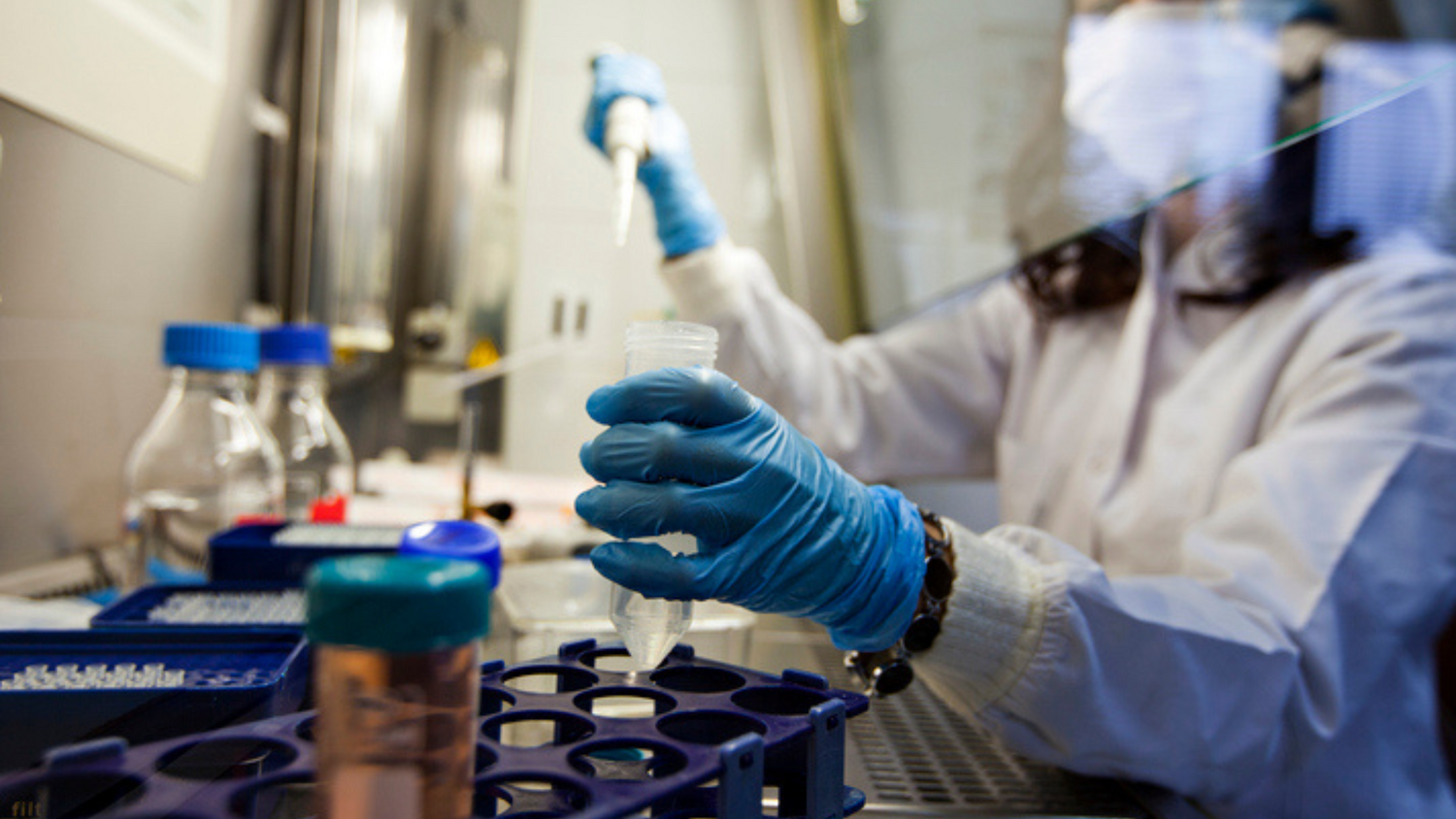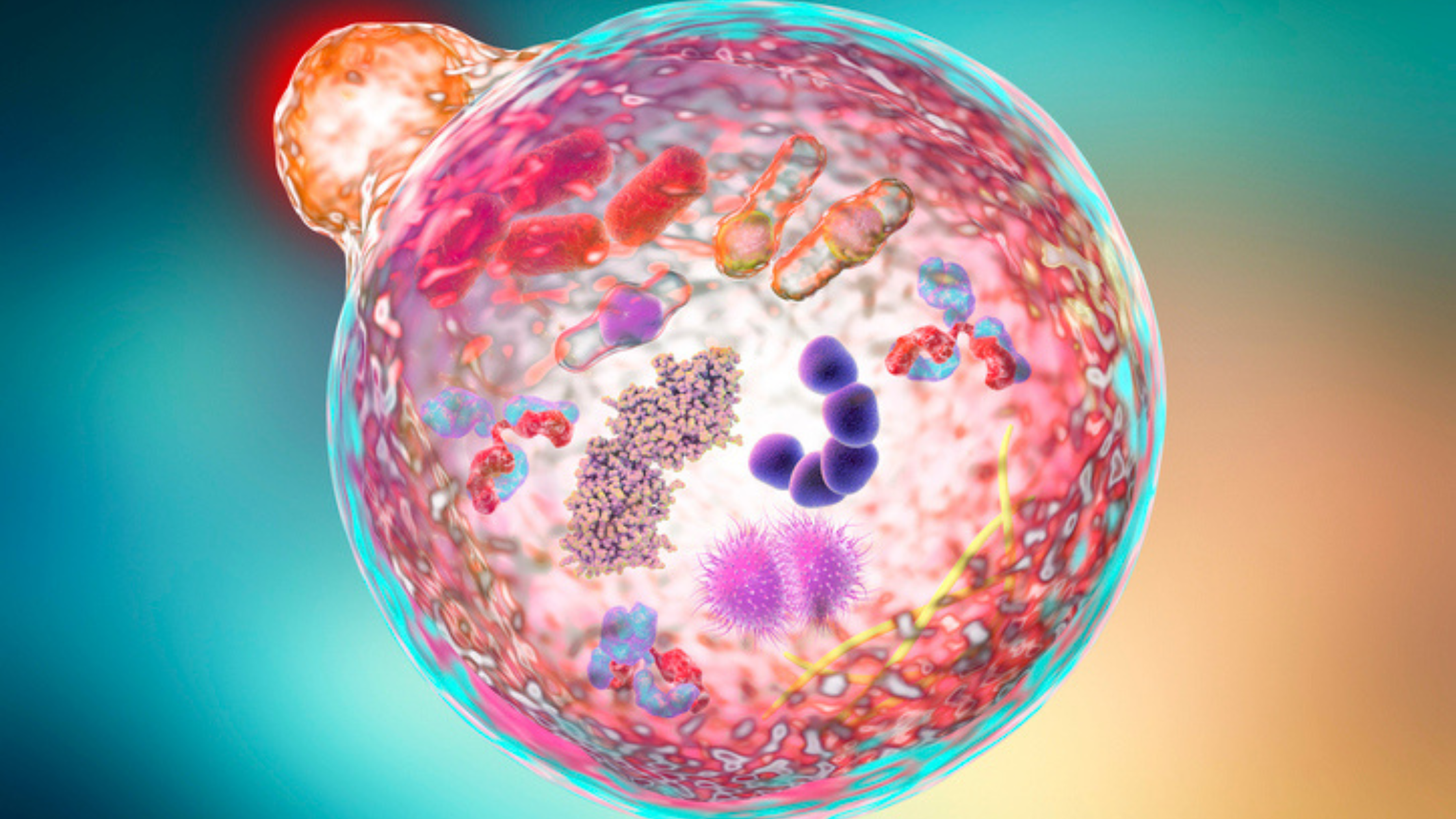Key Takeaways
- Stem cell research has made promising strides toward restoring ageing tissues and supporting healthy longevity.
- Artificial intelligence is refining stem cell therapies, making them more precise and tailored to individual needs, broadening the potential of regenerative medicine.
- Amniotic fluid stem cells and 3D organoids are providing innovative and ethical solutions for regenerative medicine, showing promise in treating inflammatory diseases and enhancing personalised treatments.
____________________________________________
Imagine a world where damaged tissue could regenerate itself, or where organs on the brink of failure could heal naturally. The latest breakthroughs in stem cell research are taking us closer to this reality, offering new hope for repairing and rejuvenating ageing tissues.
With advancements in regenerative medicine, scientists are developing therapies that may redefine how we approach ageing and chronic diseases, potentially unlocking the body’s own healing powers. Here’s a look at the exciting advancements in stem cell therapy and what they mean for the future of healthy ageing.
What are Stem Cells and Why Are They Important for Ageing?
Stem cells are unique because of their ability to transform into various cell types, which makes them essential to regenerative medicine. They serve as the body's raw materials, creating new cells for growth, maintenance, and repair. As we age, stem cell numbers and efficiency decline, reducing the body’s ability to repair itself and contributing to the ageing process (R).
Types of Stem Cells: There are several types of stem cells, including embryonic, adult, and induced pluripotent stem cells (iPSCs). iPSCs are of particular interest as they are reprogrammed adult cells that can function like embryonic stem cells, offering a versatile tool for research without the ethical concerns linked to embryonic stem cells.
Amniotic Fluid Stem Cells: Recent research shows that amniotic fluid stem cells, an ethical alternative to embryonic cells, have significant therapeutic potential. These cells can differentiate into various tissue types and are effective in reducing immune reactions, making them ideal candidates for inflammatory diseases (R).
Breakthroughs in Stem Cell Therapies for Tissue Repair
Recent breakthroughs in stem cell therapies are allowing scientists to target and repair damaged tissues in ways that were previously unimaginable. These advancements have shown promise in addressing a wide range of age-related conditions.
Cartilage Regeneration for Arthritis: Researchers have developed methods to stimulate stem cells to regrow cartilage, showing promise for people with arthritis. Cartilage doesn’t naturally regenerate well, so stem cell therapies are filling an important gap. Clinical studies demonstrate that stem cell injections can promote cartilage repair and improve joint function (R).
Heart Tissue Repair: Heart disease remains one of the leading causes of death globally, and stem cell therapy has emerged as a potential game-changer for repairing damaged heart tissue. In clinical trials, heart failure patients treated with stem cell injections showed improved heart function and reduced symptoms (R).
Skin Rejuvenation: Skin is one of the most visibly affected tissues by ageing, and new stem cell treatments are targeting wrinkles, elasticity, and collagen loss. Studies are exploring the potential of stem cells to improve skin texture and support a youthful appearance by regenerating collagen and elastin, essential for skin resilience (R).
Artificial Intelligence in Stem Cell Therapy
AI is increasingly used to optimise stem cell therapies, especially for targeting specific conditions. The integration of AI enhances the precision of treatments, allowing for greater customisation tailored to individual patient needs, and ultimately broadens the potential applications of regenerative therapies. By analysing vast amounts of data,
AI can predict which stem cell types and modifications will be most effective for each condition, minimising the trial-and-error approach often needed in new therapies (R).

3D Organoids and Their Role in Regenerative Medicine
One of the latest advancements in tissue engineering, 3D organoids, is revolutionising how we approach regenerative medicine. By creating organ-like structures that mimic human organs, researchers can enhance the effectiveness of personalised therapies and improve in-vitro testing for disease modeling.
Organoid Innovation: 3D organoids closely resemble the function of human organs, enabling targeted testing and personalised treatment development, which is particularly valuable in researching conditions like liver and kidney disease.
Precision in Disease Modeling: Organoids also allow researchers to model diseases more accurately, which is crucial for developing therapies that are both safe and effective for human application (R)
Advanced Techniques: Enhancing Stem Cell Precision
In addition to developing stem cell treatments, scientists are enhancing how these cells are delivered and targeted within the body. Precision targeting ensures that the stem cells reach the areas where they’re needed most, maximising their healing potential.
Gene Editing and iPSCs: Induced pluripotent stem cells (iPSCs) can be customised through gene editing to enhance their function and longevity. By modifying specific genes, scientists are creating “super stem cells” designed to resist ageing and inflammation, which could play a crucial role in age-related disease management (R).
Microcarrier Systems: Microcarriers are tiny, biodegradable beads that carry stem cells to target areas. These carriers help protect the cells and allow for precise placement in areas like joints, spinal cord injuries, or heart tissue, where they’re most needed. This method increases the effectiveness of the treatment while minimising potential side effects (R).

Stem Cell Therapy and the Immune System
An exciting area of stem cell research focuses on using these cells to support immune function, which naturally declines with age. Stem cell therapies are being designed to rejuvenate the immune system, helping the body to combat age-related diseases more effectively.
Reversing Immune Ageing: Research shows that stem cell therapy could be used to replace old or dysfunctional immune cells with younger, more robust versions, improving the immune response and lowering inflammation (R).
Potential for Autoimmune Diseases: Early studies suggest that stem cell therapy may also help modulate the immune system in conditions like rheumatoid arthritis and lupus. By restoring balance in immune cell populations, stem cell treatments could provide long-term relief from these debilitating conditions (R, R).

Safety and Ethical Considerations in Stem Cell Research
As with any groundbreaking medical innovation, stem cell therapy has its ethical and safety challenges. It’s essential to ensure that these treatments are not only effective but also safe and accessible to those who need them.
Ethical Sourcing: Using iPSCs and amniotic fluid stem cells has addressed some ethical concerns associated with embryonic stem cells. Both options provide ethically sourced cells that offer therapeutic potential without the ethical issues tied to embryo use.
Safety Measures in Clinical Trials: Ensuring the safety of stem cell therapies is a top priority. Clinical trials are rigorously designed to test these therapies for side effects and long-term risks. As the field advances, monitoring and transparency remain crucial for gaining public trust and ensuring ethical practices (R).
Future Outlook: The Potential of Stem Cells in Anti-Ageing Therapies
The future of stem cell research holds exciting possibilities, with potential applications for everything from cognitive decline to muscle regeneration. As scientists refine techniques for guiding and enhancing stem cells, we may see more targeted therapies that support healthy ageing on a cellular level.
Neurodegenerative Diseases: Stem cells offer a beacon of hope for neurodegenerative conditions like Alzheimer’s and Parkinson’s disease. While research is still in early stages, studies show that stem cells may be able to replace lost neurons and improve cognitive function (R).
Whole Organ Regeneration: Beyond tissues, the future may hold the ability to regenerate entire organs, which would revolutionise transplantation medicine. Imagine having the option to regrow a damaged liver or kidney, eliminating the need for organ donors entirely. Although we’re not there yet, these advancements are on the horizon and demonstrate the field’s potential (R).
Conclusion
The advancements in stem cell research are revolutionising how we think about ageing and longevity. From repairing cartilage to potentially restoring brain function, stem cell therapies are unlocking the body’s inherent ability to heal itself. As these technologies continue to develop, they offer new pathways for healthier ageing, giving us the possibility of a vibrant life, free from many age-related ailments.
The Daily Longevity Blend includes targeted nutrients that can complement regenerative therapies, promoting healthy ageing from within.





